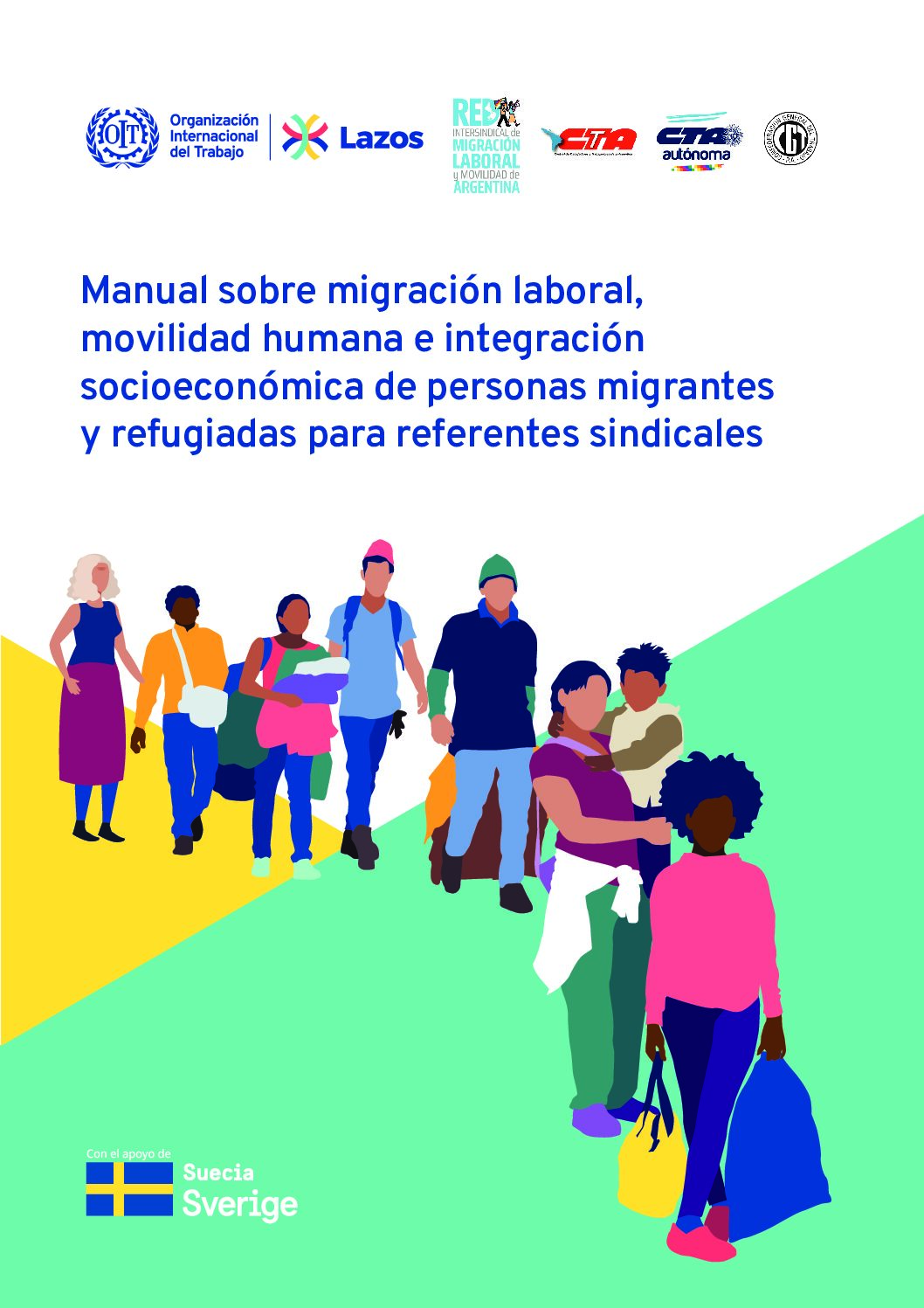Economic growth, wealth, and wellbeingIs there an intergenerational divide?
By Miguel Artola Blanco
This paper reviews the main mechanisms that explain the growing divergence in economic well-being between age groups. The changing patterns in the labour market are well documented and consistently show that young workers have been negatively impacted by the reductions in relative skill premiums, the rise of new forms of contracting (part-time and freelance), and the growing weight of unemployment. Wealth inequalities are also rising, not only for the most obvious transmission channel (savings) but also because capital gains have disproportionately benefited the elderly. We conclude by reviewing possible futures paths and the effects of wealth transfers.
Source @Dialnet Unirioja
289 views










